跨太平洋伙伴关系(TPP)
训练1:中文听力与笔记复述训练
这是四步训练法中的第一步。听中文音频,进行中文笔记复述并找出可能涉及的专有名词或词组。
本月早些时候,高级贸易官员们在新加坡召开了会议,通报了进展,但没有达成最终协议。会上,他们讨论了跨太平洋伙伴关系(TPP),呼吁取消12个太平洋国家之间的非关税贸易壁垒。
支持者称TPP可以促进贸易、创造就业、发展经济,但批评者称现有的一些条款旨在保护个人、工人和环境。
这12个国家的贸易量占全球总量的约三分之一,包括澳大利亚、智利、日本、马来西亚、墨西哥、秘鲁、新加坡、越南和美国。
贸易官员们将于1月份重启谈判日程,解决几个争议问题。美国希望日本取消对美国汽车的限制,有的国家就电影和音乐的知识产权问题进行谈判。
专家称早期的贸易协定削减了关税和其他费用,降低了商品在国家间流转的成本,支持者称成本下降,则贸易量上升。
查尔斯•波斯坦尼(Charles Boustany)是美国路易斯安那州的国会议员。他指出,在2011年,与TPP国家的货物与服务的进出口贸易为美国创造了近1500万个就业岗位。TPP意在通过在各国之间制定相似的规则来促进贸易。
洛瑞•瓦拉赫(Lori Wallach)是美国活动组织“公共市民”的一员。他说,一些商品进出口方面的政府规定是必要的,这些规定旨在保护环境、工人健康和进口商品购买者。
洛瑞•瓦拉赫说,TPP更多地与政治而非贸易有关,大公司利用秘密贸易协商来促成国会不会批准的事情,如果那些确保工作环境安全、保护健康的规定被视为国际贸易的障碍,那事情就不妙了。
来自劳工和消费者保护组织的反对派认为TPP协议在华盛顿的命运充满不确定性,该协议必须经过包括美国国会在内的许多国家立法机构的批准。
TPP的支持者试图阻止国会对贸易会谈上达成的任何协议做出更改。
训练2:英文听力与笔记复述训练
这是四步训练法中的第二步,听英文音频,进行英文笔记复述或翻译,将中文中涉及的专有名词或词组找出并重点巩固记忆;听第二遍,全文复述,练习短期记忆力;笔记部分参照笔记示范。
Top trade officials reported progress, but no final deal after meets in Singapore earlier this month. They met to discuss details of the proposed Trans Pacific Partnership, or TPP. The plan calls for removing non-tariff trade requirements among 12 Pacific nations.
Supporters say the TPP would make trade easier, create jobs and help the economy of those countries. But critics say some of the requirements exist to help protect individuals, workers and the environment.
The 12 nations are responsible for about one-third of all world trade. They include Australia, Chile, Japan, Malaysia, Mexico, Peru, Singapore, Vietnam and the United States.
Trade officials are set to restart talks in January. Negotiators are attempting to settle several disputes. The United States wants Japan to end restrictions on American-made automobiles. Some nations are arguing over intellectual property rights for films and music.
Experts say earlier trade deals cut tariffs and other payments. This made it less costly to move goods from one nation to another. Supporters say lower costs increases trade.
Charles Boustany is a congressman from the American state of Louisiana. He notes that in 2011, trade exports and imports of goods and services with TPP countries supported nearly 15 million jobs in the United States. The Trans Pacific Partnership is an attempt to increase trade by making rules similar from one nation to another.
Lori Wallach works with the American activist group Public Citizen. He says some government rules for importing or exporting goods are necessary. He says they protect the environment and the health of workers and people who buy imported goods.
Lori Wallach says the TPP is more about politics than trade. He says big companies have used secretive trade negotiations to get things done that Congress would not approve. He says rules that make work conditions safe or protect health are under attack if they are defined as a barrier to the international trade.
Opposition from labor and consumer protection groups means the proposed deal faces an uncertain future in Washington. The agreement has to be confirmed by many national legislatures, including the U.S. Congress.
Supporters of the TPP are seeking to prevent Congress from making changes to any agreement reached at the trade talks.
展开

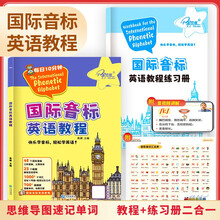
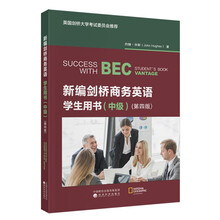

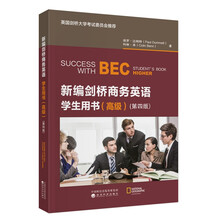
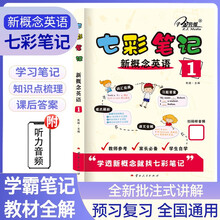
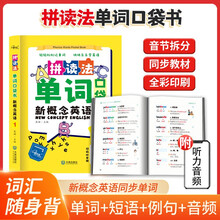
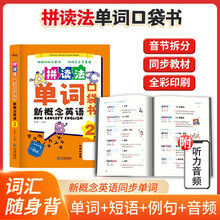
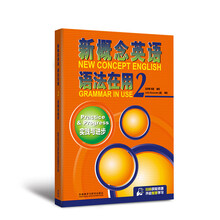
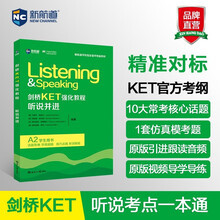
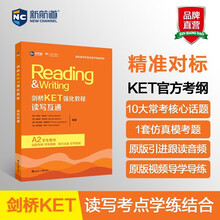
 扫码获取配套音频资源
扫码获取配套音频资源